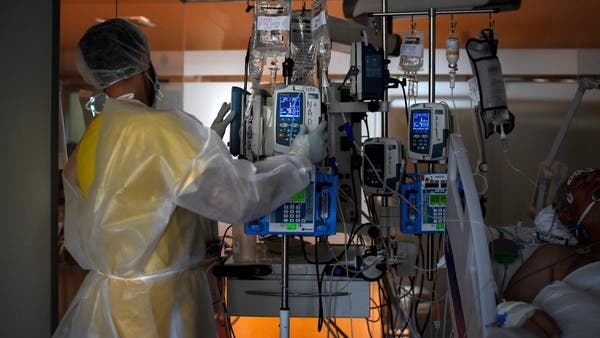Frontline health workers around the world have borne the brunt of the coronavirus crisis. More than 500 doctors have died from COVID-19 in India – the world’s second-worst hit nation – as infections near 8 million, straining the country’s weak and underfunded public health system.
“The recirculation of the air by the centralized air-conditioning systems is what has led to the significant infection of our committed medical fraternity and has also led to deaths of doctors and nurses,” the study by the Indian Institute of Science in Bengaluru, considered one of the country’s best science universities, said.
Reducing recirculation of air and increasing the use of outdoor air can lower the risk of spreading coronavirus in indoor spaces, the World Health Organisation has said.
Previous studies have suggested countries in hot climates should take care that indoor rooms are not dried out by overcooling with air conditioning, noting that keeping indoor humidity levels between 40% and 60% will help limit airborne transmission of the virus.
Where air-conditioning can be done away with, ICUs could be fitted with fans that force air inside, and exhaust fans to pull the infected air and treat it with soap-based air filters or very hot water before releasing it outside, the study added.
“(COVID-19) patients in the ICU are active sources of the virus, and they are constantly expelling particles,” A.G. Ramakrishnan, the lead author of the study, told Reuters. “So, if you are not filtering the air, it is making things worse.”
In ICUs where air-conditioning is necessary, the air conditioning system of the COVID-19 ICU can be de-linked from other ICUs and exhaust fans should be installed to pull any infected air for filtration, the study said.

